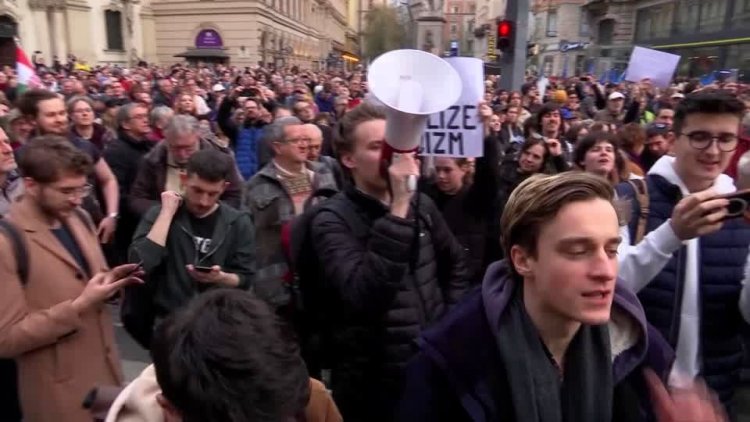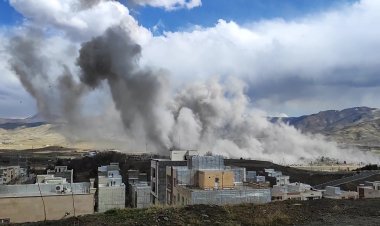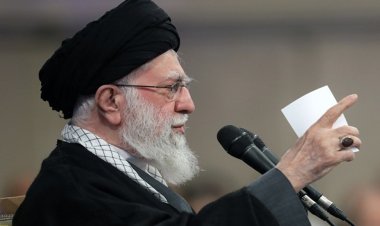Protests erupt in Budapest over Pride ban

Thousands of protesters gathered in Budapest to demonstrate against a controversial new law that bans LGBTQ+ Pride marches and authorizes the use of facial recognition technology to identify organizers and participants. The legislation, recently passed by Hungary's parliament at the proposal of Prime Minister Viktor Orbán's ruling Fidesz party, justifies the ban by claiming Pride events could be harmful to children.
Approximately 2,000 people participated in the protest, with demonstrators and Momentum party activists chanting "Europe" and "Filthy Fidesz" while attempting to block a major bridge in the capital. The protesters released colorful smoke bombs and encountered police blockades during their demonstration.
The legislation amends assembly laws to prohibit events that violate Hungary's "child protection" regulations, which forbid portraying homosexuality to minors. Violators face fines up to 200,000 Hungarian forints (about €500), with authorities now permitted to use facial recognition technology to identify event attendees.
Critics, including Amnesty International, have condemned the law as a significant attack on LGBTQ+ rights that undermines hard-won freedoms and equality. The European Commission has also criticized the legislation, stating it violates fundamental European values of freedom and human rights.
Despite the ban, Budapest Pride organizers and the city's mayor have announced plans to proceed with Pride events this summer, describing the law as fascistic and a violation of basic rights. Independent lawmaker Ákos Hadházy has called for continued protests, warning of "techno-fascism" in Hungary.
The law comes as Prime Minister Orbán faces an unprecedented challenge from a surging opposition party ahead of 2026 elections. In recent weeks, he has intensified rhetoric against the LGBTQ+ community.















